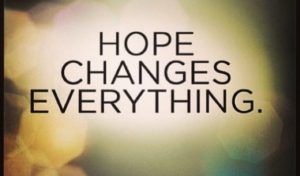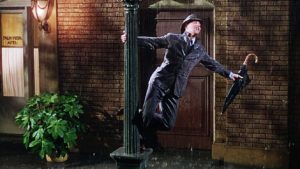For to be free is not merely to cast off one’s chains, but to live in a way that respects and enhances the freedom of others. ~Nelson Mandela
 This year more than most, violence, hate, and anger, creates a dark cloud that hangs over our celebration of independence and freedom. Don’t get me wrong, I’m incredibly grateful to live in this country. It just feels like we’ve not embraced, but moved farther from the vision of our forefathers. When I read Thomas Jefferson’s notable quote, “We hold these truths to be self-evident: that all men are created equal; that they are endowed by their Creator with certain unalienable rights: that among these are life, liberty, and the pursuit of happiness,” I wonder if we’re no longer really listening to those words.
This year more than most, violence, hate, and anger, creates a dark cloud that hangs over our celebration of independence and freedom. Don’t get me wrong, I’m incredibly grateful to live in this country. It just feels like we’ve not embraced, but moved farther from the vision of our forefathers. When I read Thomas Jefferson’s notable quote, “We hold these truths to be self-evident: that all men are created equal; that they are endowed by their Creator with certain unalienable rights: that among these are life, liberty, and the pursuit of happiness,” I wonder if we’re no longer really listening to those words.
As we celebrate our freedom, I think about conversations I’ve had with people of various backgrounds and cultures over the past few years. I’m reminded of the varying definitions of “freedom” I’ve heard. Many of those definitions seem to be focused on Webster’s definition of freedom: the power to determine action without restraint; exemption from external control, interference, regulation.
It’s hard for me to think of any leader more qualified than Nelson Mandela to teach us about the word freedom. He knew all too well what it was like to be stripped of freedom, to be literally behind bars for more than a quarter of a century.
For Mandela, freedom goes well beyond Webster’s definition, it’s not merely to cast off one’s chains. It is to live in a way that respects and enhances the freedom of others.
Now that’s a leadership mantra! “To live [and lead] in a way that respects and enhances the freedom of others.”
Let’s celebrate our freedom this week, the Mandela way. Imagine if all leaders throughout this country stood for a definition of freedom that respected and enhanced the freedom of others. Then maybe we truly would be the United States.



